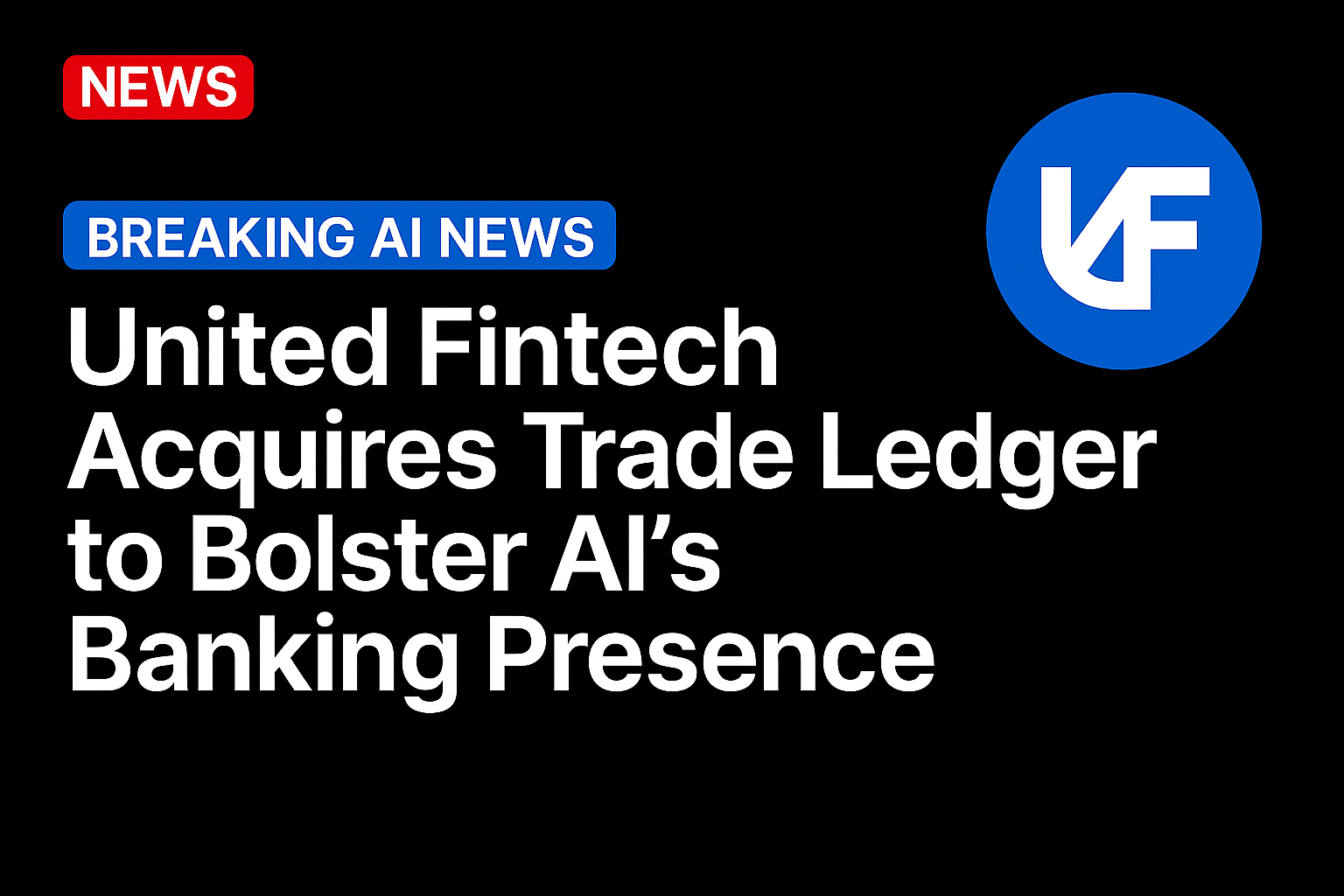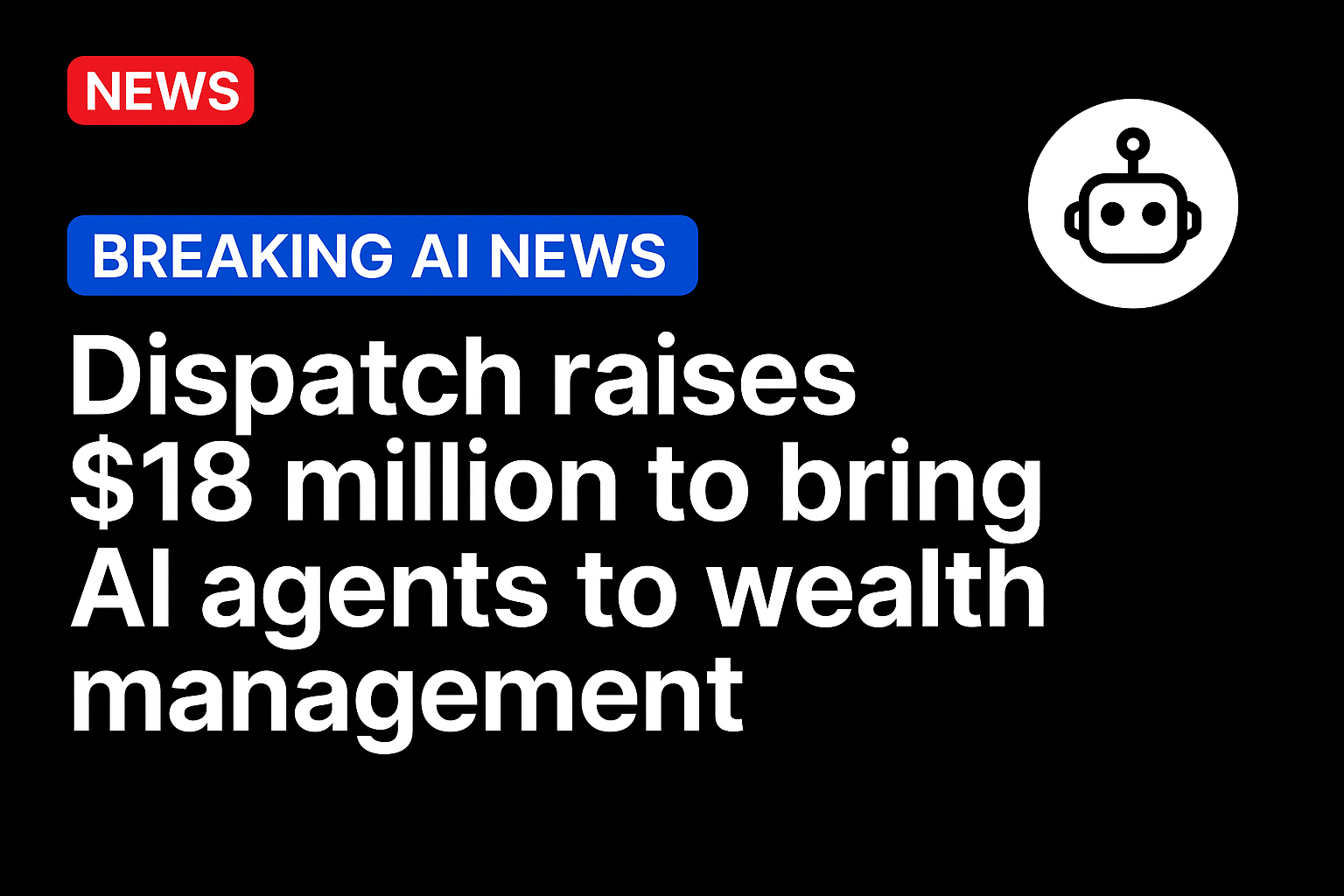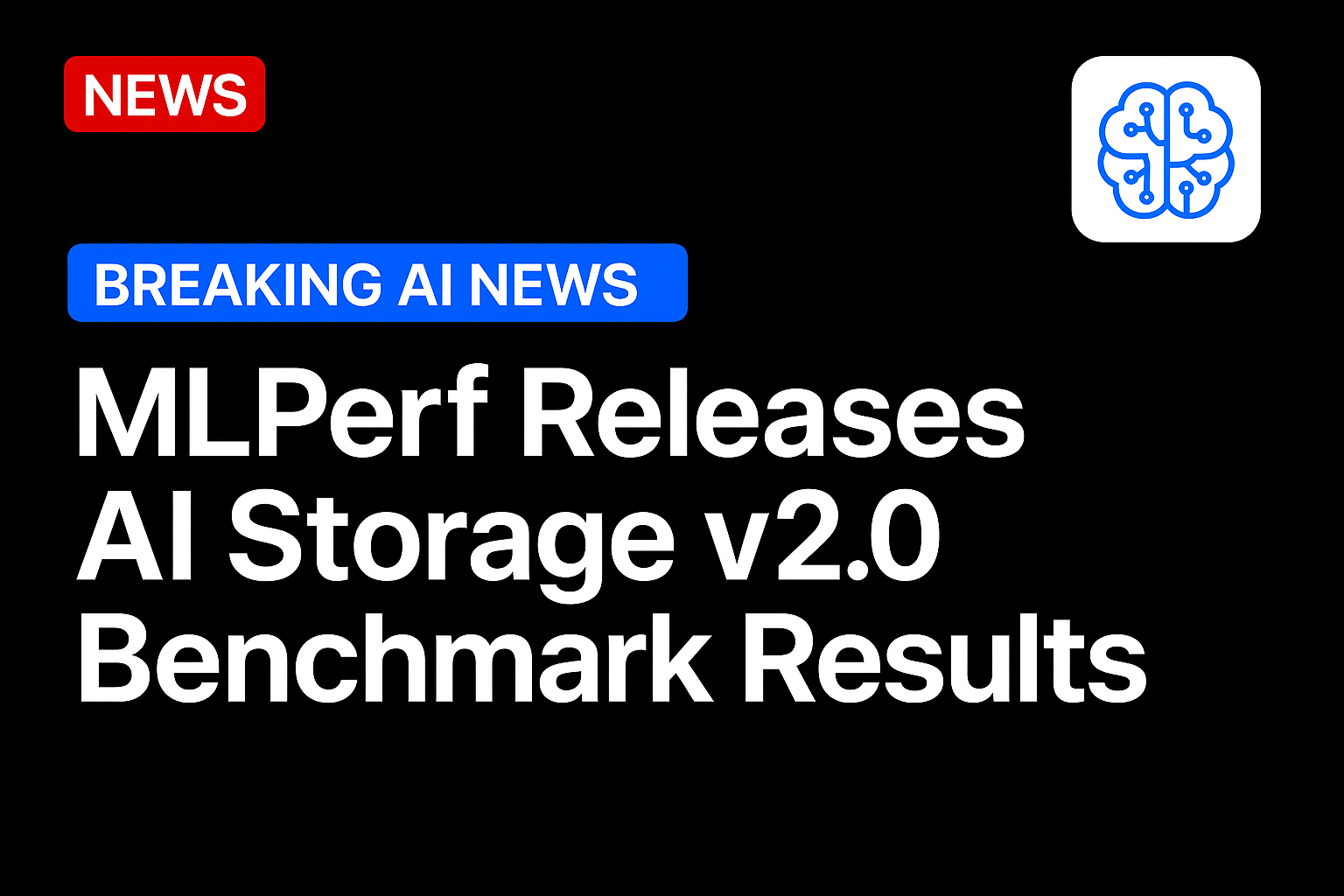
Finance platform United Fintech has acquired lending automation company Trade Ledger.
With this deal, United Fintech gets access to a customer base that includes Barclays and Bank of Queensland, as well as Trade Ledger’s expertise in data-driven lending and commercial banking automation, the companies said in a Wednesday (Nov. 5) news release.
“AI is redefining how banks operate, and Trade Ledger is at the forefront of that change,” United Fintech founder and CEO Christian Frahm said in the release. “Trade Ledger CEO and Co-Founder Martin McCann and his team have built exceptional technology that transforms lending into a real-time, data-driven experience for customers.”
The release notes that this deal follows United Fintech’s acquisition of CBA earlier this year, which provided the company with payments and trade finance capabilities.
Both acquisitions, United Fintech said, “highlight the growing demand from banks for smarter, AI-driven solutions and create strong synergies between payments and commercial banking technology.”
Martin McCann, CEO and co-founder of Trade Ledger, said joining United Fintech is in keeping with his company’s ambition to change the way that banks employ data and technology to serve their customers.
Advertisement: Scroll to Continue
“By becoming part of United Fintech, we gain the expertise, scale, and global reach to accelerate that vision and deliver impact faster than we could alone,” he said.
The acquisition comes at a time when AI’s reach inside banking “now extends from the teller window to the balance sheet,” as PYMNTS wrote last month, with customer-facing tools teaching institutions how to personalize services and understand borrower behavior.
Research by PYMNTS Intelligence has found that 72% of customers would stay with or return to a bank if they received personalization through embedded conversational AI.
“When banks deploy digital assistants to answer questions or flag spending patterns, those same data signals can inform credit decisions,” that report said.
“Another PYMNTS piece observed that AI-powered fraud prevention is reshaping the fight against financial crime, analyzing thousands of data points in milliseconds. That same analytical capability, redirected toward underwriting, allows banks and other lenders to assess repayment ability far more dynamically than before.”
At the center of this transformation is alternative data, a growing set of non-traditional signals banks employ to evaluate risk.
“We use a wide variety of credit bureau data as well as alternative data in making our credit decisions,” Concora Credit executive Kyle Becker said in an interview with PYMNTS in August. “Alternative data is super useful because it allows you to maintain or reduce risk while also providing access to credit to more people.”
Source: https://www.pymnts.com/




